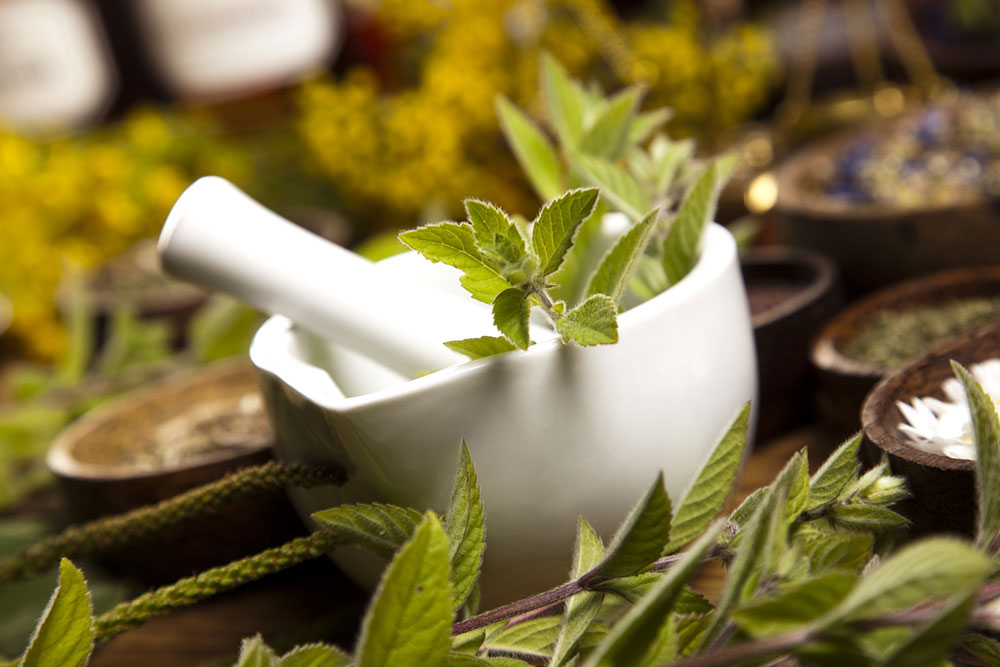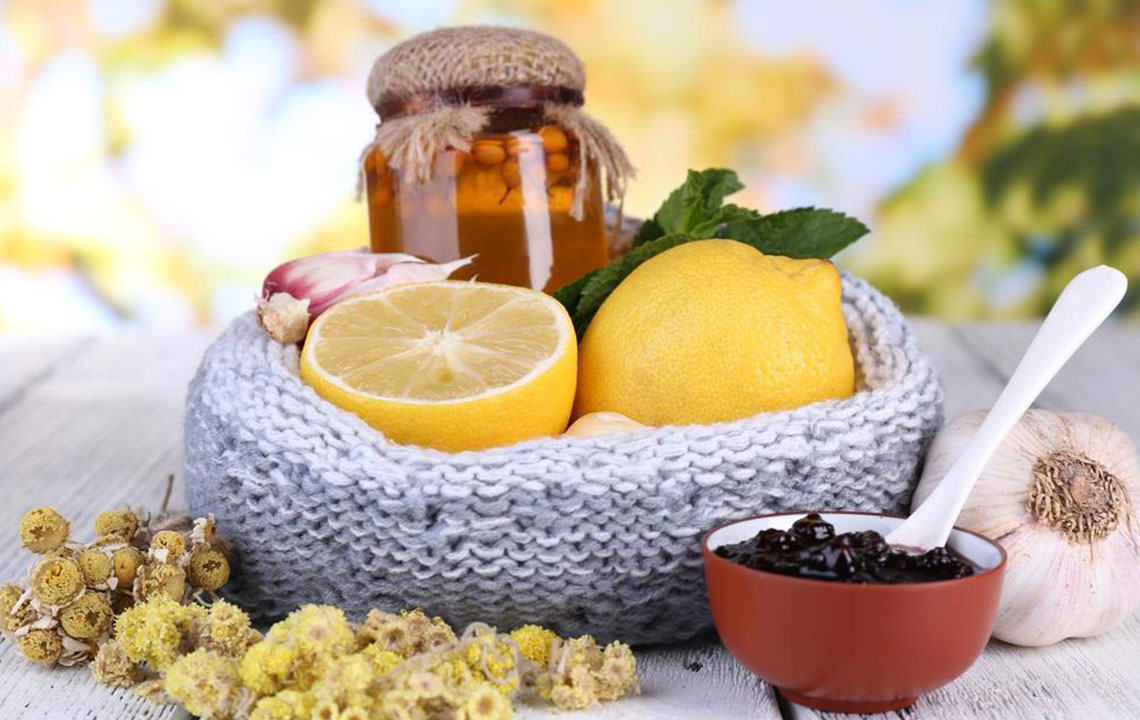Comprehensive Natural Approaches to Prevent and Manage Urinary Tract Infections
Discover effective natural methods to prevent and manage urinary tract infections. Learn about lifestyle adjustments, dietary tips, and herbal remedies that support urinary health and reduce infection recurrence. Combining these strategies with medical care can help maintain a healthy urinary system and prevent complications.

Comprehensive Natural Approaches to Prevent and Manage Urinary Tract Infections
The urinary system is a complex network of organs responsible for filtering and eliminating waste fluids from the body. It includes vital components such as the kidneys, which filter blood; the ureters, which transport urine from the kidneys to the bladder; the bladder itself, which stores urine; and the urethra, through which urine exits the body. When bacteria or other pathogens invade any part of this system, it results in a condition known as a urinary tract infection (UTI). While UTIs are common across various populations, they are particularly prevalent among women due to anatomical factors.
Urinary tract infections are primarily caused by bacteria, with Escherichia coli (E. coli) being responsible for approximately 80-90% of cases. Other bacteria such as Staphylococcus saprophyticus can also cause UTIs. Less frequently, viruses or fungi can lead to urinary infections, especially in immunocompromised individuals or those with certain medical conditions. The increased susceptibility among women is largely attributed to the shorter length of the female urethra, which minimizes the distance bacteria need to travel to reach the bladder, thus raising the risk of infection.
Recognizing the symptoms of UTIs is crucial for timely management. Common signs include a burning sensation during urination (dysuria), persistent urges to urinate, and urine that appears cloudy, dark, or has a strong odor. Many individuals also report pelvic discomfort, lower abdominal pain, and a sensation of incomplete bladder emptying. If infections ascend or become severe, individuals may develop fever, chills, or flank pain, indicating possible kidney involvement and the need for urgent medical attention.
While antibiotics are a mainstay in conventional treatment, there is increasing interest in natural and home remedies that may help alleviate symptoms, prevent recurrence, and support overall urinary health. These strategies are especially attractive for those seeking holistic approaches or looking to complement medical treatments effectively.
Maintain optimal hydration by consuming at least 8-10 glasses of water daily. Proper hydration helps dilute urine and promotes frequent urination, which flushes bacteria from the urinary tract.
Increase your intake of vitamin C-rich foods like citrus fruits, bell peppers, strawberries, and leafy greens. Vitamin C acidifies the urine, creating an environment less hospitable to bacterial growth and aiding immune function.
Incorporate unsweetened cranberry juice or cranberry extract supplements into your daily routine. These are believed to prevent bacteria, especially E. coli, from adhering to the lining of the urinary tract, reducing infection risk.
Never delay urination when the urge arises. Frequent urination is one of the body's natural defense mechanisms to eliminate bacteria before they can multiply and cause infection.
Adopt healthy lifestyle habits such as wearing loose, breathable clothing, practicing proper hygiene (wiping from front to back), and avoiding irritating substances like harsh soaps, douches, or perfumed sanitary products.
Beyond these basic practices, natural supplements can offer additional support in managing UTIs. D-Mannose, a simple sugar found naturally in fruits like cranberries and oranges, has shown promise in preventing bacterial adhesion to urinary tract lining. Uva Ursi (bearberry leaf) is another herbal remedy traditionally used to treat urinary infections due to its antiseptic and anti-inflammatory properties. Garlic, renowned for its antimicrobial effects, can be incorporated into the diet or taken as a supplement to bolster immune defenses.
While natural remedies can be effective, they should always be used cautiously and ideally under the guidance of a healthcare professional, especially in cases of recurrent or severe UTIs. It is vital to monitor symptoms closely; if they persist, worsen, or if fever or chills develop, prompt medical evaluation and treatment with antibiotics may become necessary to prevent complications such as kidney infections or sepsis.
To sum up, integrating natural strategies with conventional care can play a vital role in preventing and managing urinary tract infections. A proactive approach involving hydration, dietary adjustments, herbal supplements, and good hygiene practices offers a comprehensive way to maintain urinary health and reduce the risk of recurrent infections.





